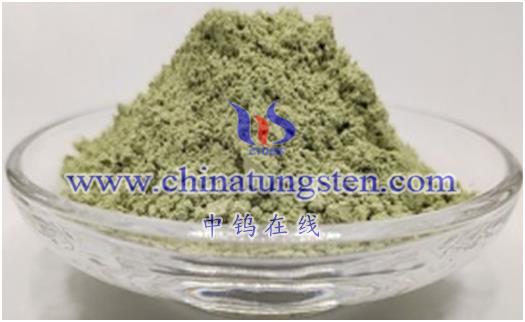The electrocatalytic performance of tungsten oxide can be affected by the concentration and acidity and alkalinity of the electrolyte.
Electrolyte concentration: The concentration of dissolved substances in the electrolyte can affect the electrocatalytic reaction rate and efficiency on the tungsten oxide surface. In general, a higher electrolyte concentration can provide more reacting species and increase the reaction rate. However, too high electrolyte concentration may lead to excessive adsorption and accumulation of species, reducing the reaction rate. Therefore, optimizing the electrolyte concentration is crucial to achieve efficient tungsten oxide electrocatalytic reactions.
Acidity and alkalinity: The acidity and alkalinity (pH value) of the electrolyte can also significantly affect the electrocatalytic performance of tungsten oxide. Different acid-base conditions can adjust the charge state on the surface of tungsten oxide, the formation of surface active sites and the adsorption properties of dissolved substances. In some electrocatalytic reactions, appropriate acidity and alkalinity can provide more favorable catalytic conditions and promote reaction rate and selectivity.
It should be noted that different electrocatalytic reactions may have different requirements for electrolyte concentration and acidity. Therefore, when optimizing the electrocatalytic performance of tungsten oxide, it is necessary to select the appropriate electrolyte concentration and acid-base conditions according to the specific reaction type and mechanism.

More details of tungsten oxide product, please visit website: tungsten-oxide.com
Please contact CHINATUNGSTEN for inquiry and order of tungsten oxide:
Email: sales@chinatungsten.com
Tel.: 86 592 5129595






